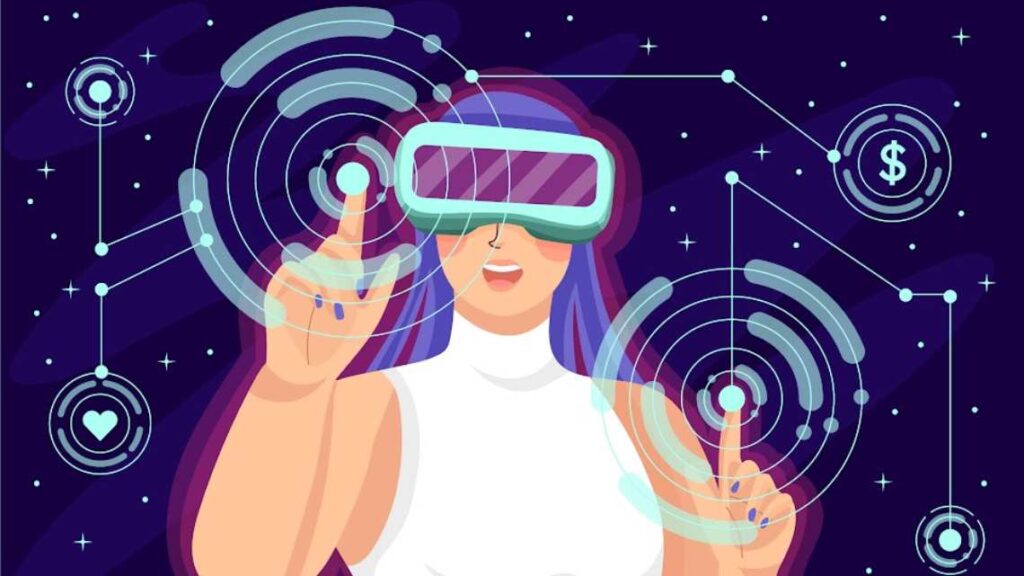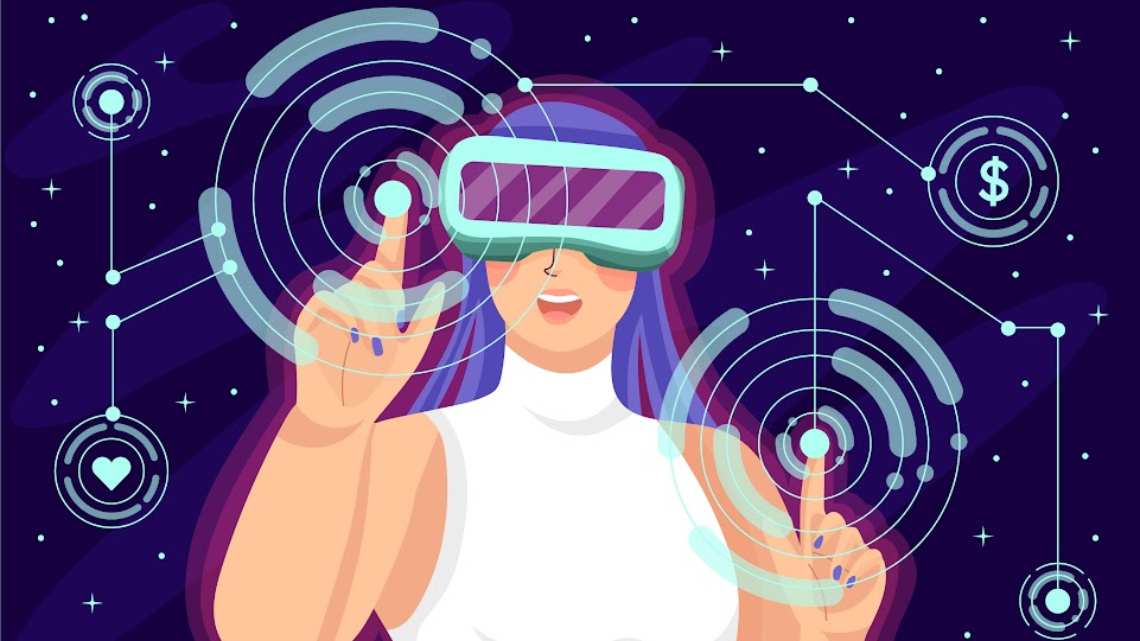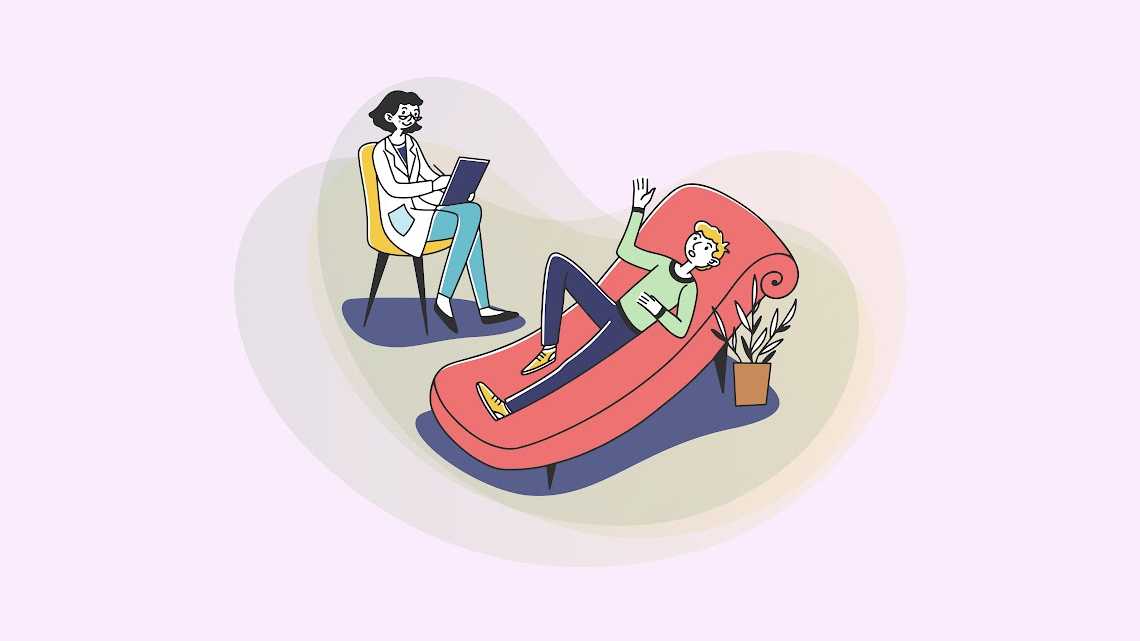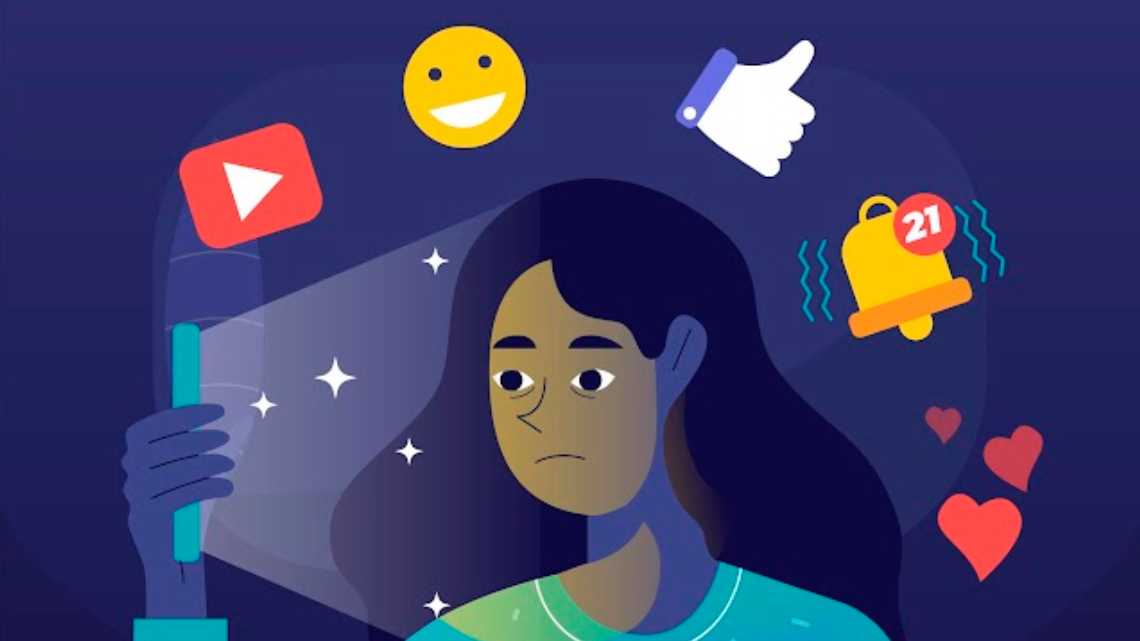
Artificial Intelligence or AI, as we like to call it, has become a part of everyday operations, enhancing everything from manufacturing automation to intelligent decision support systems in financial services. The healthcare sector has witnessed a revolution with the boom of AI, helping them diagnose diseases accurately and usher in groundbreaking advancements in personalised medicine. The field of mental health care is no stranger to the impact of artificial intelligence either. AI applications in mental health therapy include a range of techniques, approaches and computational systems that perform different cognitive processes such as reasoning, problem-solving, learning, inference, pattern recognition, generalisation, etc. that mimic humans.
AI Applications in Mental Health Therapy
AI is playing many roles in mental health care today—from predicting risks and supporting therapy, to helping doctors with decision-making and keeping track of patients’ progress. The three main ways in which it helps are:
Digital Phenotyping
Digital phenotyping (also known as personal sensing) encompasses using data from devices such as smartphones, smart watches, etc. to make sense of an individual’s behaviours, habits, and environment. This information is then used to predict psychological or mental health outcomes for that person. For instance, tracking a person’s movement or physical activity through phone sensors like GPS can help identify signs of mental health issues such as anxiety or depression. Moreover, studies have also suggested that the way people use their smartphones (how they click, tap, scroll, swipe) can provide clues into their mental health through machine learning analysis.
Natural Language Processing (NLP)
Through NLP, language in conversations through emails, social media, chats, etc. can be tracked and used to detect patterns that correlate with mental health conditions. This proves to be an economical and convenient way to track mental health. Moreover, it can also aid in ascertaining improvement or regression in clients.
Ecological Momentary Assessments (EMA)
EMA involves sending individuals timely questionnaires on their smartphones to track mood, behavior, and environment throughout the day. This proves to be a powerful tool that provides mental health support in real-time. Based on the person’s responses, quick, personalized mental health tips or suggestions are prompted when they are needed through Ecological Momentary Interventions (EMI). This ongoing, in-the-moment support strengthens AI applications in mental health therapy by offering proactive care.
Chatbots and Virtual Agents
Chatbots are chat-based or voice-based computer programs that simulate human conversations. A variety of these have been developed for a range of conditions such as depression, anxiety, and autism. For instance, ELIZA was developed in the 1960s to mimic a Rogerian psychotherapist. Other prominent therapeutic mental health chatbots in today’s times are
- Woebot: Simulated to provide cognitive behavioural therapy in the form of brief daily conversations and mood tracking for people with depression and anxiety.
- Wysa: Employs a range of therapeutic models such as cognitive behavioural therapy, behavioural reinforcement and mindfulness to help individuals with depression.
- Tess: Trained to provide psychological and emotional support to users through clinically proven emotion coping skills and strategies.
Apart from these, Chat-GPT (Version GPT-4o) demonstrates remarkable capabilities in understanding complex human emotions and language. It facilitates engaging conversations and provides emotionally relevant responses, proving to be a promising tool in the evolution of AI applications in mental health therapy.

Limitations of AI in Mental Health Therapy
While AI makes mental health care more accessible, candid, non-judgmental and consistent, it is not exempt from drawbacks.
- Long-Term Memory: While AI tools exhibit strong short-term memory, they face challenges with long-term tracking and retention of information. This can affect the quality of continuous care and lead to inconsistencies or fragmentations in the therapeutic alliance.
- Algorithmic Bias: Algorithmic bias is one of the key concerns in the application of AI to mental health care. This bias can lead to unequal treatment based on race, gender, income, etc. due to biased training data coded during development. As a result, quality and fairness may be impacted and induce unintentional consequences on the patients.
- Efficacy: While AI-powered therapy has proven to be effective in the short-term, its long-term efficacy remains questionable. This may be attributed to AI’s inability to adapt to the evolving and complex nature of human needs over longer periods.
- Ethical Considerations: The usage of AI in mental health care raises significant questions about privacy, autonomy and stigmatization of patients. Without considering these ethical factors, AI could lead to misdiagnosis or erode the therapeutic relationship between clients and human therapists.
- Other Drawbacks: Genuine empathy and the ability to form emotional connections is lacking in AI systems as they are unable to feel such emotions. Due to its reliance on predefined algorithms, AI cannot interpret subtle cues or change their approaches in real-time. Moreover, most AI tools are chat or voice-based, rendering them incapable of interpreting non-verbal cues such as facial expressions and body language that provide insight into an individual’s emotional state. Lastly, AI may lack the knowledge of a person’s cultural background and therefore be unable to grasp cultural nuances which can lead to misunderstandings.
Overall, while artificial intelligence is changing the arena of mental health and therapy and providing the much needed support, it can only mimic psychotherapists and mental health advocates. Therefore, these AI-powered tools should be viewed as complements – not substitutes – to traditional methods. While it can aid in bridging the gap between supply and demand by ensuring greater access to essential mental health resources, the integration of AI into mental health care must be pursued with caution and thoughtfulness. When used responsibly, this growth in technology can play a key role in building a more inclusive, accessible and effective global mental health ecosystem—one that balances digital efficiency with the irreplaceable value of real human connection.
Photo Credits:
First image: freepik
Second image: freepik
References
D’Alfonso, S. (2020). AI in mental health. Current opinion in psychology, 36, 112-117.
Joerin, A., Rauws, M., & Ackerman, M. L. (2019). Psychological Artificial Intelligence Service, TESS: Delivering on-demand support to patients and their caregivers: Technical report. Cureus. https://doi.org/10.7759/cureus.3972
Minerva, F., & Giubilini, A. (2023). Is AI the future of mental healthcare?. Topoi, 42(3), 809-817.
Zhang, Z., & Wang, J. (2024). Can AI replace psychotherapists? Exploring the future of mental health care. Frontiers in Psychiatry, 15, 1444382.

Sakshi
About the author
Sakshi is a clinical psychologist with a deep passion for understanding human behavior, a strong drive for research, and a keen eye for psychological intricacies. Committed to continuous learning, she seeks to explore every facet of psychology, from theory to practice, to better support and empower individuals. With a curiosity that fuels her pursuit of knowledge, she strives to bridge the gap between research and real-world applications, making psychology more accessible and impactful.
Recently Added
Artificial Intelligence or AI, as we like to call it, has become a part of everyday operations, enhancing everything from manufacturing automation …
In today’s times, health is being acknowledged as physical as well as mental. Mental wellbeing became a part of the WHO’s constitution …
Generation Z, popularly known as Gen-Z, is the class of individuals born between 1996 and 2010. These individuals were born directly into …




